Searching for Living and Nuanced Solutions: Grunge and Mosh Thinking won’t get us the Art Nouveau of Health Outcomes
The more one learns, the more one is able to learn. The more one understands, the more one is able to understand.
I don’t know if I’m the first person to say or think that —in essence— complex problems within a given discipline usually can’t be solved within the sphere of knowledge of that same discipline. I’ve carried that idea around with me for several decades, but I’ve never written it out, let alone publicly.
I don’t think that more medicine or more technology will solve the problems that we face in public health or medicine. And I don’t think I’m being aesthetically romantic when I think some solutions might be found in music or architecture.
“Complex problems within a given discipline usually can’t be solved within the sphere of knowledge of that same discipline.” DrV
As I have said before on this platform1, I tend to hear and see and think of things as being united in their logical structure, and —as such— reaching outside of the biological and medical sciences into the realms of art and music does not appear to me as radical or erroneous, but rather simply reaching for a nearby tool to help solve a problem that might be located more proximately to the subject of health and well-being.
Of course, not every piece of art and music qualifies as a useful tool. Some art and music is degenerate or simply distracting, but quite often cannot be qualified as world-building. In order to build something of value, one must not simply have talent and materials, but one must have previously selected the correct materials and methods and apprenticed to the process of gaining talent before one can assume the right or possibility of creating something of durable value.
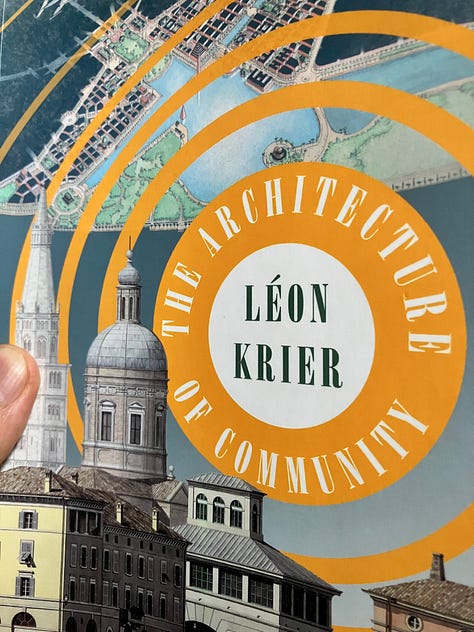
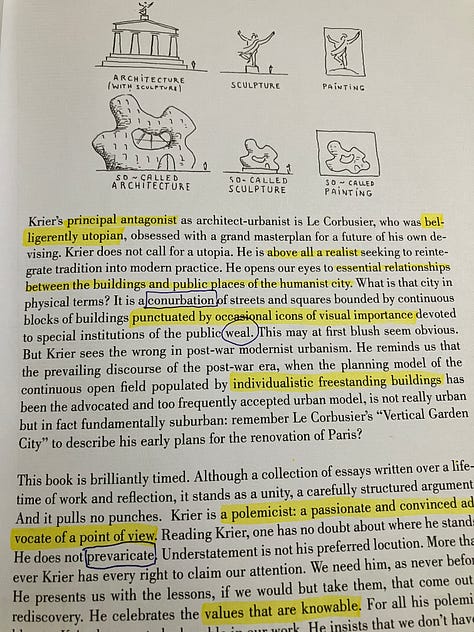
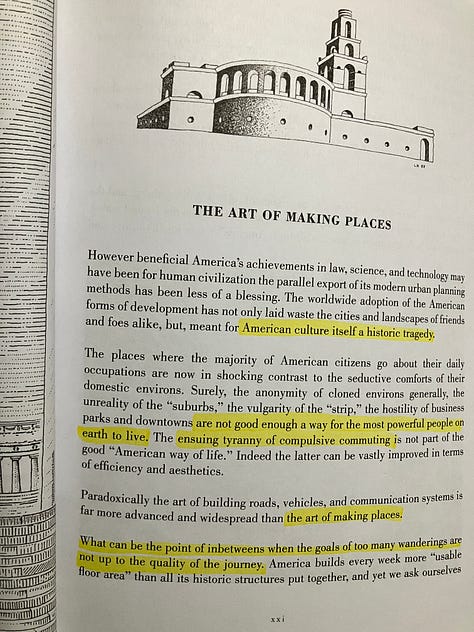





A previous thinker was quoted by Robert Bly to have said that an adult is someone who “collects jewels of feeling“ for others. Likewise, the tools and methods and above all the logical structure of the ideas and goals we set before us must’ve been selected with some level of care and nuance, occasionally punctuated by painful rejection. I touched that theme 20 years ago in a chapter I wrote for the Textbook of Functional Medicine (2005) and later updated in Inflammation Mastery, 4th Edition2 in 2016.
A clinician who is unaware of the political forces that shape healthcare policy and research is analogous to a captain of an oceangoing ship not knowing how to use a compass, sextant, or coastline map. Medical science and healthcare policy are influenced by a myriad of powerful private interests which are motivated by their own goals, at times different from the stated goals of medicine, which purports to hold paramount the patient’s welfare. Scientific objectivity and the guiding ethical principles of informed consent, beneficence, autonomy, and non-malfeasance are subject to different interpretations depending upon the lens through which a dilemma is viewed. When this “dilemma” is the whole of healthcare, what first appears as order and structure now appears as the disarrayed tug-of-war between factions and private interests, with paradigmatic victory often being awarded to those with the best marketing campaigns and political influence with less importance given to safety, efficacy, and the economic burden to consumers. To be ignorant of such considerations is to be blind to the nature of research, policy, and our own biased inclinations for and against particular paradigms, assessments, and interventions. Research articles and sources of authority must be approached with an artist’s delicacy, and with a willingness to receive new information as worthy of preeminence over deeply rooted and well ensconced institutionalized fallacies.
The plandemic response that we have witnessed for the past three years, and which has destroyed lives and will negatively impact all of us for decades to come more closely resembles the music of the Sex Pistols (eg, Pretty Vacant) or Nirvana (eg, Drain You) than it does Chopin or Eric Satie or my favorite of all time Strunz & Farah.3 Maybe Fauci wouldn’t have been such a complete bumbling idiot4 if he had listened to better music; perhaps, if he had acclimated himself through habituation to various structures of logic in various forms that he would’ve been a better thinker and would’ve arrived to better solutions than the grunge and mosh that he forced upon us. And I certainly don’t mean to insult grunge and mosh (after all, I did attend the inaugural Lollapalooza in Dallas in 19915) by associating them with the international governmental plandemic response—the former certainly have value when one has to clean house, exercise, or do hard manual work, but those same intellectual-conceptual-aesthetic styles don’t apply well when orchestrating a public health response to protect the lives of millions of people.
I remember sitting in the grass that surrounds the campus of Bastyr University when the iconic late Dr. Bill Mitchell was lecturing us on naturopathic therapeutics, and he was discussing the distinction between green medicine and naturopathic medicine, and he said “If we ever go that route, then we’re dead.” I myself was doubly green at that time —both as a young clinician and a devotee of green medicine (as it is a safer and easier concept to grasp)— so I don’t think that I understood what he had said until a few years later. Green medicine is analogous to modernism in architecture, as if it were somewhat more acceptable than brutalist architecture (ie, allopathic medicine) whereas naturopathic medicine is clearly more art nouveau and eclectically modern.
The more one learns, the more one is able to learn. The more one understands, the more one is able to understand. These statements are true for us as individuals, but also for us as societies. All knowledge interconnects and serves as metaphor, simile, and recapitulation of other natural forms, structures, and processes.


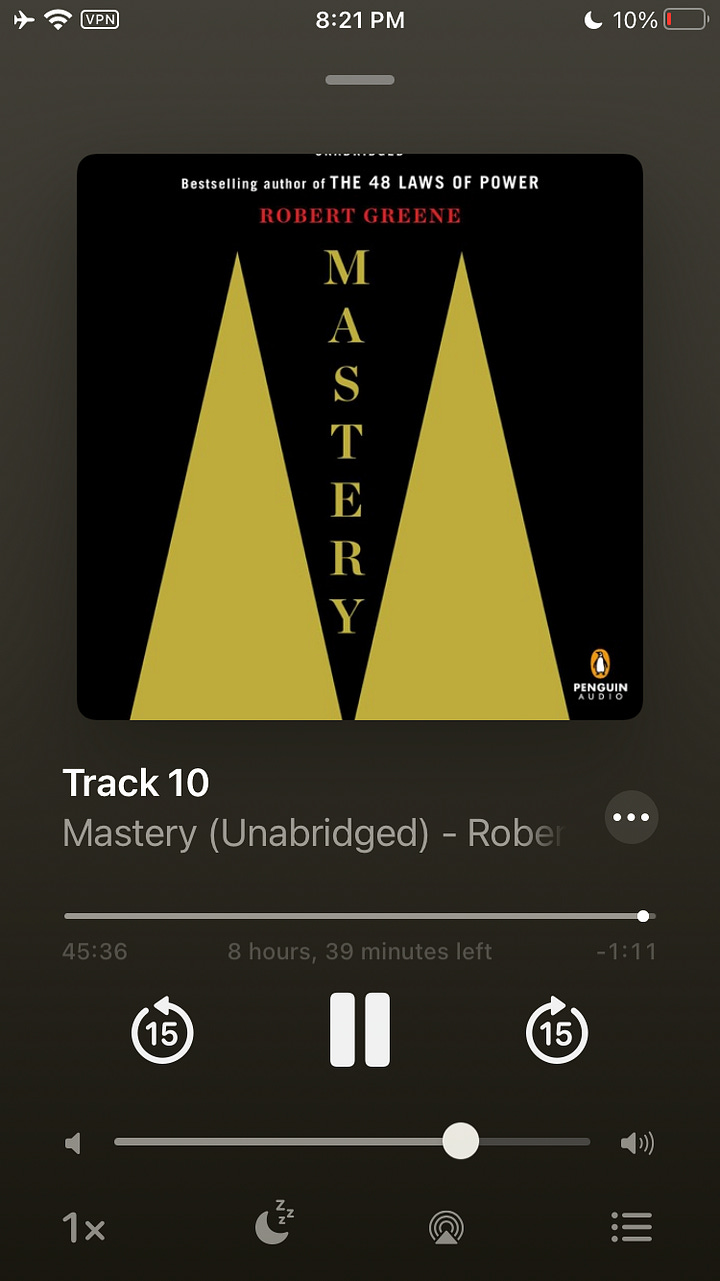

“The more one learns, the more one is able to learn. The more one understands, the more one is able to understand.
These statements are true for us as individuals, but also for us as societies. All knowledge interconnects and serves as metaphor, simile, and recapitulation of other natural forms, structures, and processes.” DrV
If knowledge and understanding make us more agile and skillfully adaptable in life, then the opposite —that sloppy and degenerative art, culture, music, and disconnected urban planning would also lead us down a path toward bad relationships, undue isolation, and sloppy expensive “monolithic” public health— is also true.
Maybe in order to have better medicine, we need to listen to better music. Maybe in order to organize our thoughts, we need to live around beautiful architecture and well designed cities. Our medicine has its own music, or at least, mine certainly does.6 But we certainly don’t need more medicine in order to have better healthcare.
Appreciating the structures and interconnections of Logic: Music, Mathematics, Language, Natural Sciences and more
The following ideas are still somewhat unpolished, and perhaps the only clarity I have around them right now is the fact that they are still unclear. But nonetheless I’ve decided to go ahead and run them up the flagpole; maybe someone out there has a better version/explanation/resource and can share in the comments below.
https://www.inflammationmastery.com/book-nutrition-functional-medicine
Red Pill insightful interview and investigative journalism, Blue Pill beautiful music
Red Pill insightful interview and investigative journalism This is probably the most amazing and eye-opening conversation/interview I’ve seen related to what’s going on globally right now. I think we need to share it and make this video a priority; it puts all the pieces together for understanding why all/most of the major systems are pushing humanity tow…
New York Times legacy interview with Dr Atonof Falsity: Final Section, part5, 48minutes [NytFauci5]
Watch now (48 mins) | See final video (“part 5”) embedded in this page (above); I still plan to review the large nearly-three-hours review of “part 4” but changes if any will be cosmetic and the part5 on this page will be integrated into part4 for reasons described in the video provided above.
https://www.dallasobserver.com/music/the-first-lollapalooza-took-place-in-dallas-in-1991-11936707
https://www.ichnfm.org/single-post/2016/04/30/The-Music-of-My-Medicine-Part-1-An-Initial-Outline-Catalyzed-by-A-Recent-Influence

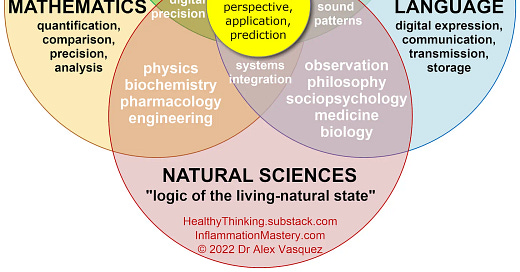





![New York Times legacy interview with Dr Atonof Falsity: Final Section, part5, 48minutes [NytFauci5]](https://substackcdn.com/image/fetch/$s_!zVSY!,w_1300,h_650,c_fill,f_auto,q_auto:good,fl_progressive:steep,g_auto/https%3A%2F%2Fsubstack-video.s3.amazonaws.com%2Fvideo_upload%2Fpost%2F119965386%2Ff520ed8d-612a-40b4-bbbd-52a619836b2b%2Ftranscoded-00001.png)